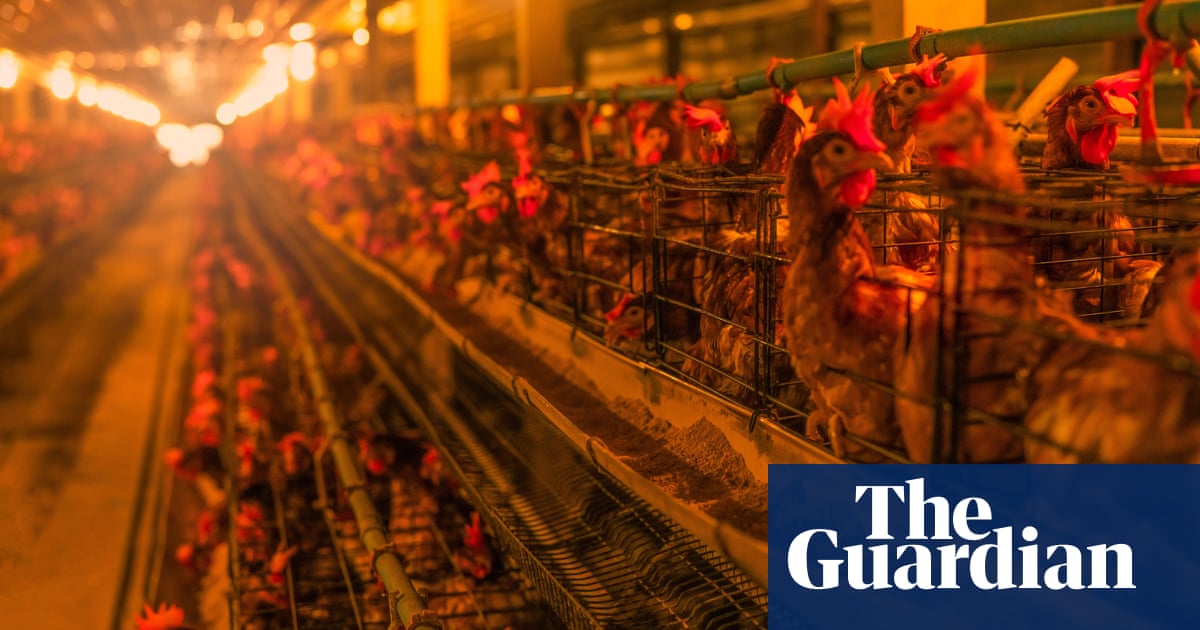
The reputation of British farming is at risk after its failure to follow the EU in curbing the overuse of antibiotics in healthy animals, say campaigners.
Antibiotic use is the main driver of antimicrobial resistance, one of the biggest threats to human and animal health. Reducing its use in farming is seen as critical, with about two-thirds of antibiotics globally given to animals.
From today [28 January], a ban on the administration of antibiotics to groups of healthy animals comes into force across the EU.
As a result, European farmers will be able to use antibiotics as a preventive measure only in exceptional cases when there is a high risk of infectious disease, and then only with individual animals.
UK ministers have previously refused to commit to an outright ban on preventive use – also referred to as “prophylactic use”. The nearest the UK came was in 2018, when farming minister George Eustice told MPs that the UK intended to “implement restrictions on the preventive use”.
In response to a request for comment, a spokesperson for the government’s Veterinary Medicines Directorate said it would set out proposed regulatory changes as part of a public consultation during 2022. It did not respond to queries about whether it would propose a ban.
“We are committed to reducing unnecessary use of antibiotics in animals and it remains our intention to strengthen our national law in this area.”
The vast majority of farm antibiotics in the UK are used in the pig and poultry sectors, both of which have reported significant reductions, with total antibiotic use across all farm animals falling by 52% between 2014 and 2020.
But campaigners say greater reductions could be achieved if preventive group treatments were banned.
“British farmers have made good progress in cutting their antibiotic use,” said Cóilín Nunan, from the Alliance to Save Our Antibiotics, “but antibiotic use in British pigs remains two-and-a-half times higher per animal than in Denmark and the Netherlands.
“The government can’t claim to be a world leader when the UK is one of the only countries in western Europe where it will be legal to use antibiotics routinely for preventive mass medication of farm animals.”
Richard Griffiths, the chief executive of the British Poultry Council, said the current voluntary approach had put the UK ahead of most EU countries. “We are recognised as a leading proponent of responsible use of antibiotics, so no I do not think there is a danger of us falling behind anyone.
“A large part of our success is based on trusting veterinary colleagues to make expert judgments on a case-by-case basis and then pooling what has been learned. Compulsory controls are unnecessary at this point and would be too blunt an instrument for what is an incredibly complex subject,” said Griffiths.
Cat McLaughlin, the chair of the Responsible Use of Medicines in Agriculture (Ruma) Alliance, said there would “always be some instances and conditions that unavoidably require the treatment of groups of animals to help protect their health and welfare.
“Ruma believes it is important for vets to have medicines available to tackle disease and ensure animal health and welfare, following the principles of responsible use: as little as possible, but as much as is necessary, at the right time and in the right situations.”
Sign up for the Animals farmed monthly update to get a roundup of the biggest farming and food stories across the world and keep up with our investigations. You can send us your stories and thoughts at animalsfarmed@theguardian.com












